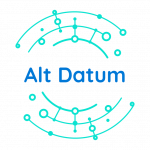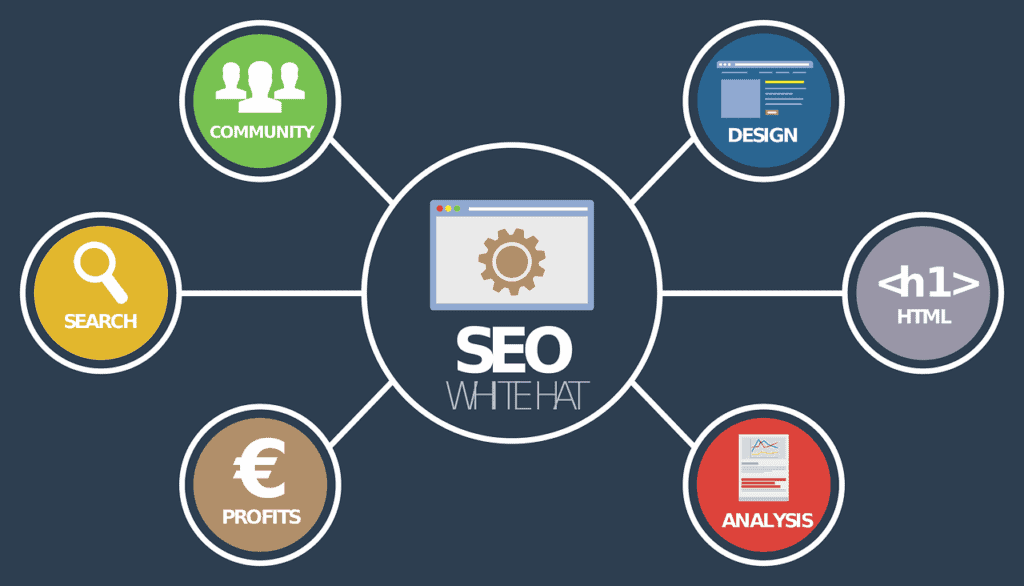SEO
SEO Ranking Factors
SEO Ranking Factors in 2019
In this article, you’re going to learn tips for ensuring that your website is set up for success and is optimized correctly for SEO. There are many moving parts when ensuring that your website is ranking for the keywords that are going to help to get your website on the first page of some of the largest SERPS including
SEO is Constantly Updating
It’s imperative to continue to monitor the changes that are happening with SEO. What may work in 2016 may get you a penalty in 2019. The same goes for what may be working in 2019 may not work in say 2020.
Blackhat SEO
Blackhat SEO has been around since the beginning. Blackhat SEO would consist of getting backlinks unnaturally fashion. Spamming blog comments is one-way black hatters may try to acquire backlinks.
Whitehat SEO
Whitehat SEO would consist of naturally building backlinks. One way to build whitehat SEO would be to write good content and share your content with people that find value in your content. Encourage these people to share your content on social media, or share it on their blog.
Tools To Help To Monitor Google Ranking
There are so many tools to help you assist with constantly monitoring your SEO ranking factors. There are some good free tools and some paid tools that will monitor your website to ensure your website is set up correctly.
#1 Majestic
Majestic is our favorite tool to monitor backlinks, the trust factor and so much more. Majestic has a few separate plans that will run you a monthly fee but it is worth it. Majestic ranking factors in our opinion are the most accurate and give you a very good insight.
#2 Moz
Moz offers Domain Authority and Page Authority of your domain. This is our 2nd favorite tool. Moz offers a free 30-day trial which I recommend you take advantage of. With Moz, you’ll be able to run analytics of your domain. You’ll be able to monitor spam backlinks, anchor links and so much more
#3 SEMrush
SEMrush is another great tool to help monitor a ton of factors to assist with your SEO ranking. It only takes a few minutes to set up and you can drill down to help with your domains SEO ranking.
Google’s 100 SEO Ranking Factors
- Domain Age
- Keyword Appears in Top Level Domain
- Keyword As First Word in Domain
- Domain registration length
- Domain History
- Exact Match Domain
- Exact Match Domain
- Public vs. Private WhoIs
- Penalized WhoIs Owner
- Country TLD extension
- Keyword in Title Tag
- Title Tag Starts with Keyword
- Keyword in Description Tag
- Keyword Appears in H1 Tag
- TF-IDF
- Content-Length
- Table of Contents
- Keyword Density
- Latent Semantic Indexing Keywords in Content
- LSI Keywords in Title and Description Tags
- Page Covers Topic In-Depth
- Page Loading Speed via HTML
- Page Loading Speed via Chrome
- Use of AMP
- Entity Match
- Google Hummingbird
- Duplicate Content
- Rel=Canonical
- Image Optimization
- Content Recency
- The magnitude of Content Updates
- Historical Page Updates
- Keyword Prominence
- Keyword in H2, H3 Tags
- Outbound Link Quality
- Outbound Link Theme
- Grammar and Spelling
- Syndicated Content
- Mobile-Friendly Update
- Mobile Usability
- Hidden Content on Mobile
- Helpful Supplementary Content
- Content Hidden Behind Tabs
- Number of Outbound Links
- Multimedia
- Number of Internal Links Pointing to Page
- Quality of Internal Links Pointing to Page
- Broken Links
- Reading Level:
- Affiliate Links
- HTML errors/W3C validation
- Domain Authority
- Page’s PageRank
- URL Length
- URL Path
- Human Editors
- Page Category
- WordPress Tags
- Keyword in URL
- URL String
- References and Sources
- Bullets and Numbered Lists
- The priority of Page in Sitemap
- Too Many Outbound Links
- Quantity of Other Keywords Page Ranks For
- Page Age
- User-Friendly Layout
- Parked Domains
- Useful Content
- Content Provides Value and Unique Insights
- Contact Us Page
- Domain Trust/TrustRank
- Site Architecture
- Site Updates
- Presence of Sitemap
- Site Uptime
- Server Location
- SSL Certificate
- Terms of Service and Privacy Page
- Duplicate Meta Information On-Site
- Breadcrumb Navigation
- Mobile-Optimized
- YouTube
- Site Usability
- Use of Google Analytics and Google Search Console
- User reviews/Site reputation
- Linking Domain Age
- # of Linking Root Domains
- # of Links from Separate C-Class IPs
- # of Linking Pages
- Backlink Anchor Text
- Alt Tag (for Image Links)
- Links from .edu or .gov Domains
- Authority of Linking Page
- Authority of Linking Domain
- Links From Competitors
- Links from “Expected” Websites
- Links from Bad Neighborhoods
- Guest Posts
- Links From Ads
What is On-Page and Off-Page SEO
There are two different types of SEO and both types of SEO are important factors. Your website’s SEO needs to be optimized for both on-page SEO and off-page SEO. It’s important to make sure you build a routine for your website where you’re monitoring both types of SEO.
On-Page SEO
When setting up your on-page SEO you need to pay attention to a few factors. The first thing that we recommend is finding a keyword that isn’t too hard to rank for but still gets a nice amount of traffic. Our favorite tool is uber suggest. You can plug in a keyword and it will suggest keywords, give you rankings and more
On-Page SEO Checklist
- The keyword is placed in H1 Tag
- The keyword is placed in H2, H3 Tag
- The keyword is placed in ALT Tags
- Content is at least 500++ words
- Fast to load
- Mobile optimized
- Not Copied content
- Brings value
Off-Page SEO
Off-Page SEO consists of powerful backlinks that are pointing to your website. Not just any domain, but relevant domains that use anchor text that is in your niche. You don’t want a ton of spammed out backlinks pointing at your website. It’s important to monitor your backlink profile. Anytime you see a spam backlink pointing at your website you should use the Google Disavow tool to tell Google to disavow that link. Another important factor is social shares. You want a lot of social activity.
Off-Page SEO Checklist
- Powerful backlinks
- Good anchor text
- Guest post
- Clean spam backlinks with an SEO tool and Google Disavow
Social Media and SEO Ranking Factors
Social media is a very important SEO ranking factors. This shouldn’t be taken lightly. We recommend having each of your social media pages fully optimized. Meaning you should write about your company. Add information about your website, add images about your website. Share your blog post or web pages with people in groups that find value about your content. We recommend having at least three
- Tumblr
- YouTube
Local SEO Ranking Factors
Much like social media accounts, local SEO focuses on much of the same rules of over-optimizing local citations. What do we mean about over-optimizing? Well, your pages should have everything about your website listed on the citation. You’re about us, contact us, pictures and your local address should all be on your page. I recommend pulling up your local competitor’s yelp page and make sure your page has more content than them.
Local Citations
There are a few handy tools that are good for researching what the best local citations are for your website’s niche. Our favorite is MOZ citations by category
- Yelp
- Google My Business
- Yellow Pages
Who We Are
alt Datum specializes in Data Extraction, Data Visualization, Penetration Testing, Data Analytics, Website Development Design, SEO Services, and Lead Generation Services Let us help to grow your business through one of our programs. Call us today to learn how you can benefit from utilizing our services

